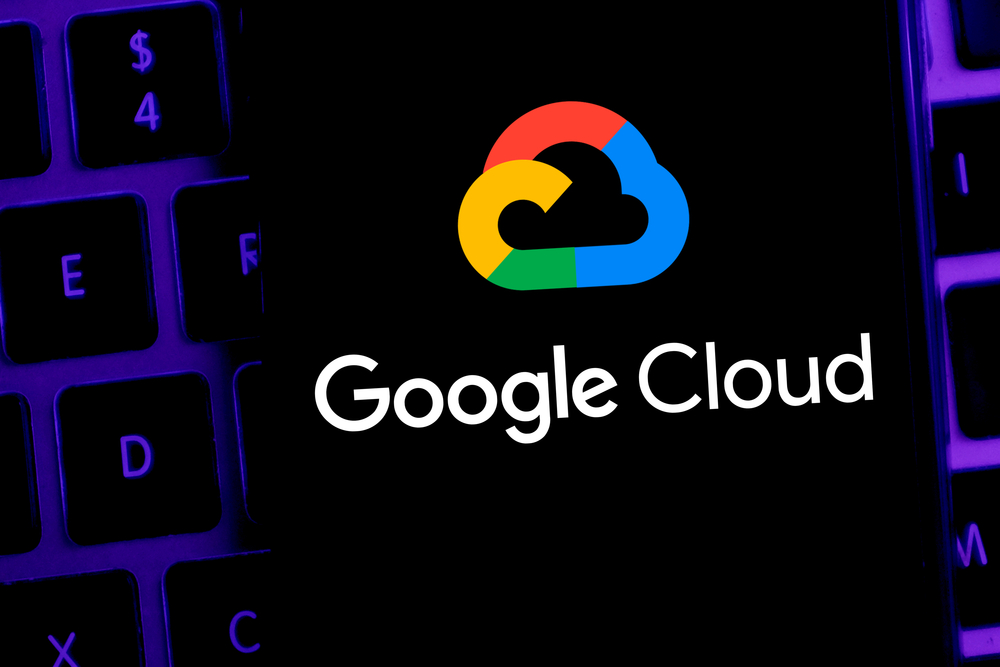
As one of the three major cloud service providers, Google is a major force within the cloud ecosystem. Although it doesn’t quite have the same size market share as the other two major cloud providers, it does $13 billion per year. Here’s what you need to know about Google Cloud.
Google Cloud History:
Google launched its first cloud platform iteration in 2008. Back then, it was known as “App Engine,” a developer tool that allowed developers to run applications within the Google Infrastructure. In 2011, Google released the official version out of preview mode, and the beginnings of Google Cloud were born.
Where Amazon and Microsoft began as infrastructure-as-a-service, Google started on a platform-as-a-service path. It now offers many services beyond this initial offering. However, it provides a slightly narrower focus—services for developers. It handles big data, analytics, and artificial intelligence.
In 2019, Google expanded its AI offerings to include a variety of collaboration, automation, and classification tools. In 2020 during the pandemic, Google Cloud launched several new features, such as beta testing of Confidential VMs.
Google Cloud Platform: A quick look at tools and services
The platform is vast and offers tools for just about everything developers and businesses could need. Here are the highlights.
Compute
Google provides developers with virtual machine capabilities and various automation functions.
- Compute engine: Virtual machines running in Google’s Data Center.
- Sole—tenant nodes: Dedicated hardware for compliance, licensing, and management
- Cloud GPUs: increased processing for tasks like machine learning
- App engine: serverless application platform
- Batch: Fully managed service for batch jobs at scale
Analytics
Companies can develop analytics at scale and accelerate insights with many different products.
- Looker: Platform for BI, data applications, and embedded analytics
- BigQuery: Data warehouse for business agility
- Dataprep: Service to prepare for analysis and machine learning
- Data Studio: Interactive data suite for dashboarding or reporting
- Google Marketing Platform: Unifies marketing and analytics
AI and machine learning
Google provides an end-to-end platform for a variety of cutting-edge AI applications and use cases for developers, data scientists, and infrastructure.
- Vertex AI: Unified platform for training, managing workflow, and explainable AI tools.
- AutoML: Custom machine learning
- Natural Language AI: Language-based tools such as sentiment analysis
- Vision AI: Custom and pre-trained models
- Deep Learning Containers: preconfigured and optimized containers for deep learning
Databases
Developers can migrate, store, and customize a variety of databases.
- Database migration service: Serverless migrations with minimal downtime
- Firestore: Cloud-native document database
- Cloud SQL: Fully managed database for SQL, MySQL, and others
- Cloud Spanner: Cloud-native relational database with unlimited scalability
- Firebase Realtime Database: NoSQL database for storing and syncing data in real-time
Developer tools
Google Cloud really shines by offering a variety of tools to facilitate many different developer tasks.
- Cloud SDK: Command-line tools and libraries for Google Cloud
- Firebase Test Lab: On-demand testing infrastructure for Android apps
- Firebase Crashlytics: Analyse and fix stability issues
- Artifact registry: Store, manage, and secure container images and language packages
- Gradle App Engine Plugin: Use Gradle
Application Integration
- Cloud Build: Continuous integration and delivery
- Apigee Integration: API-first integration for existing data and applications
- Cloud data fusion: Data integration for building and managing pipelines
- Cloud healthcare API: Solutions for bridging existing care systems with apps
- IoT Core: Device management, connection, and integration service
Navigating the Google Cloud Marketplace
The Google Cloud Marketplace allows companies to partner with companies for other products and services related to cloud deployment, management, and others. Some examples are:
- Databricks: Data, analytics, and AI all on one platform
- MongoDB Atlas: Fully managed developer data platform
- Apache Kafka: Reengineered for the cloud
- NVIDIA Virtual Workstation: GPU-accelerated cloud computing
- IBM QRadar Security Intelligence Platform Console: QRadar SIEM Console v7.3.2 P1
Leveraging Google Cloud as your cloud solution
Google has focused heavily on offering developers the tools they need to build and scale while controlling costs. In addition, Google Cloud can act as a complementary cloud provider for those running multi-cloud operations with other services like AWS or Azure. It continues to expand and offers basic support for all users for free. In addition, with many different services and partners, users can leverage analytics and development at scale, no matter their industry.

Elizabeth Wallace is a Nashville-based freelance writer with a soft spot for data science and AI and a background in linguistics. She spent 13 years teaching language in higher ed and now helps startups and other organizations explain – clearly – what it is they do.


